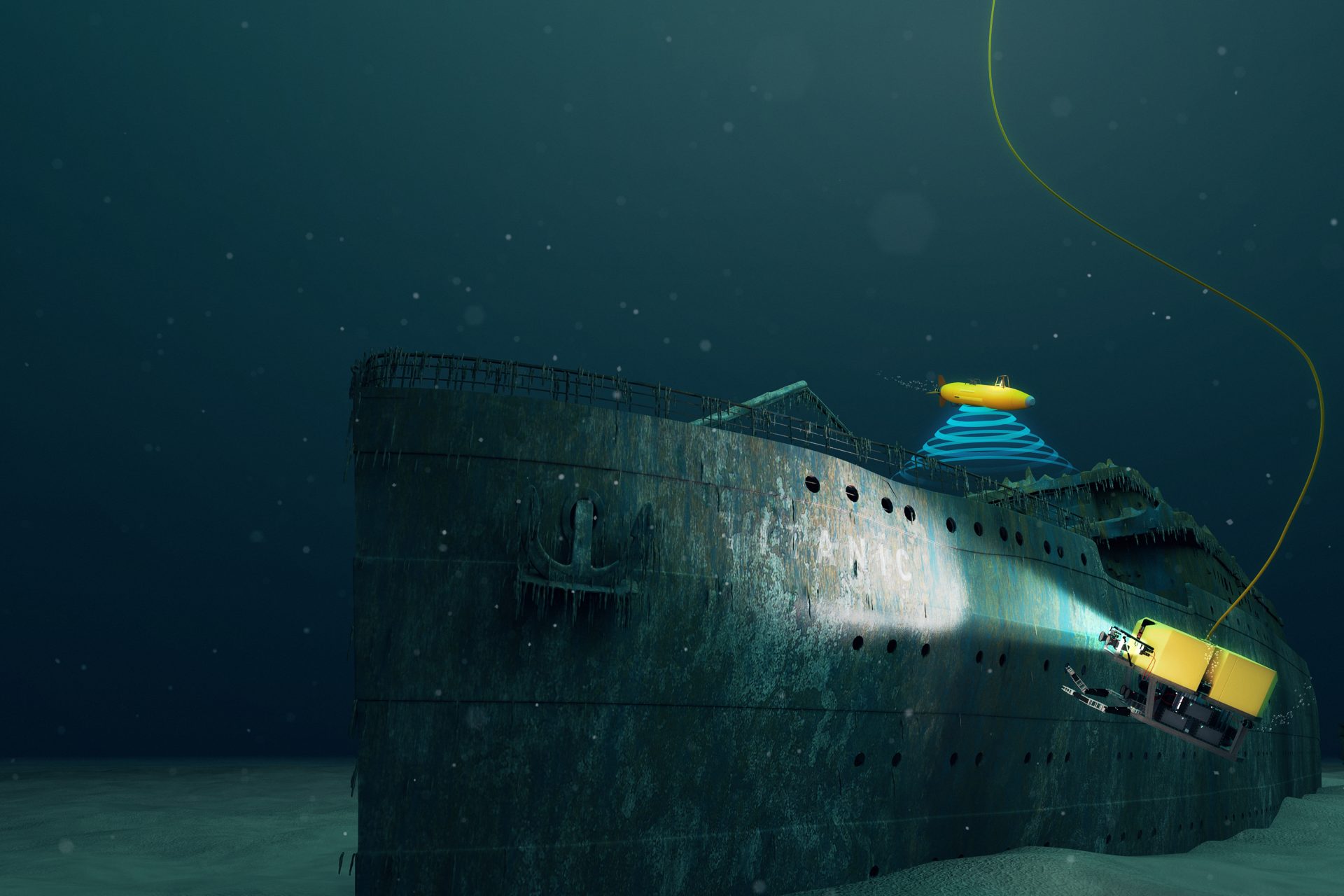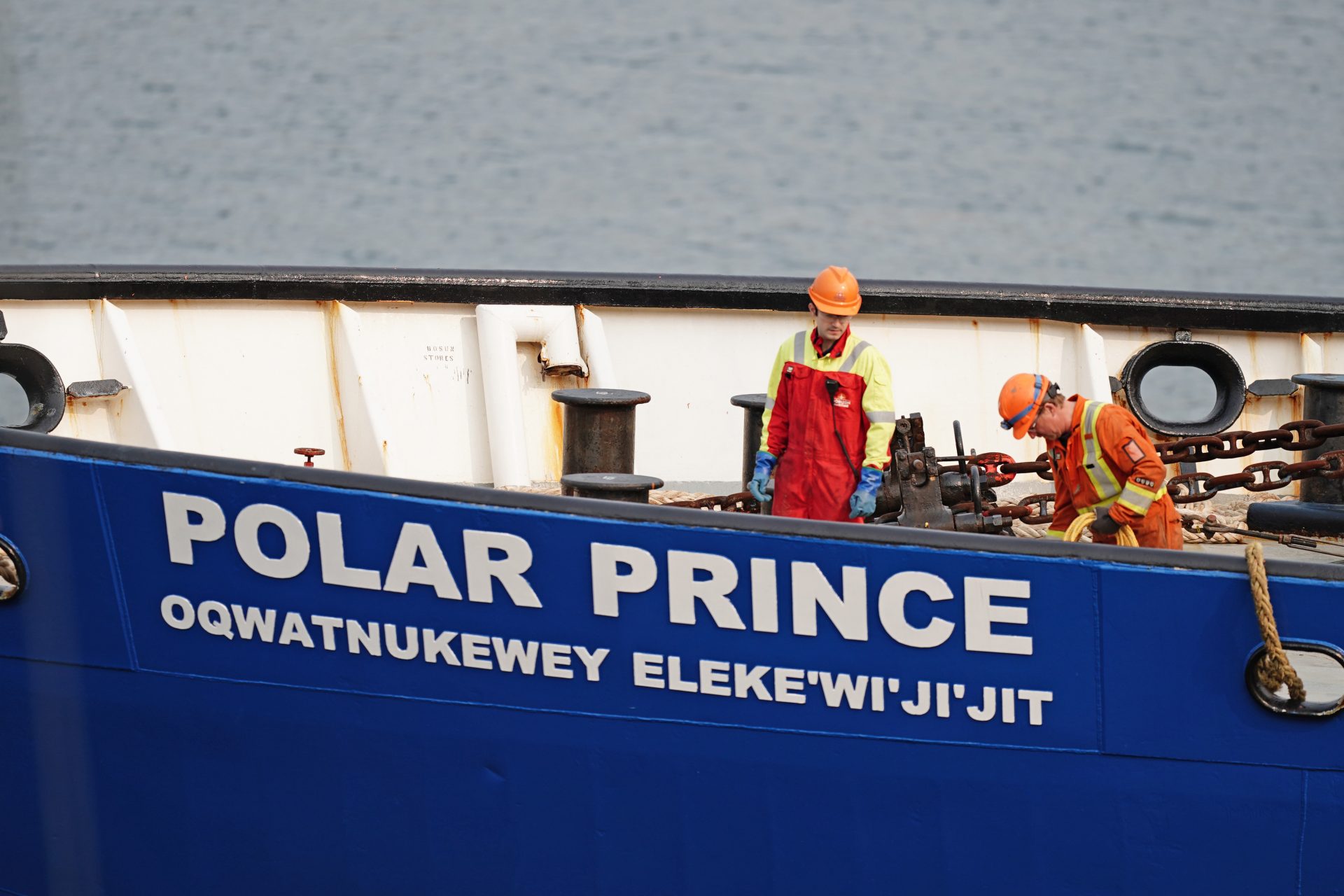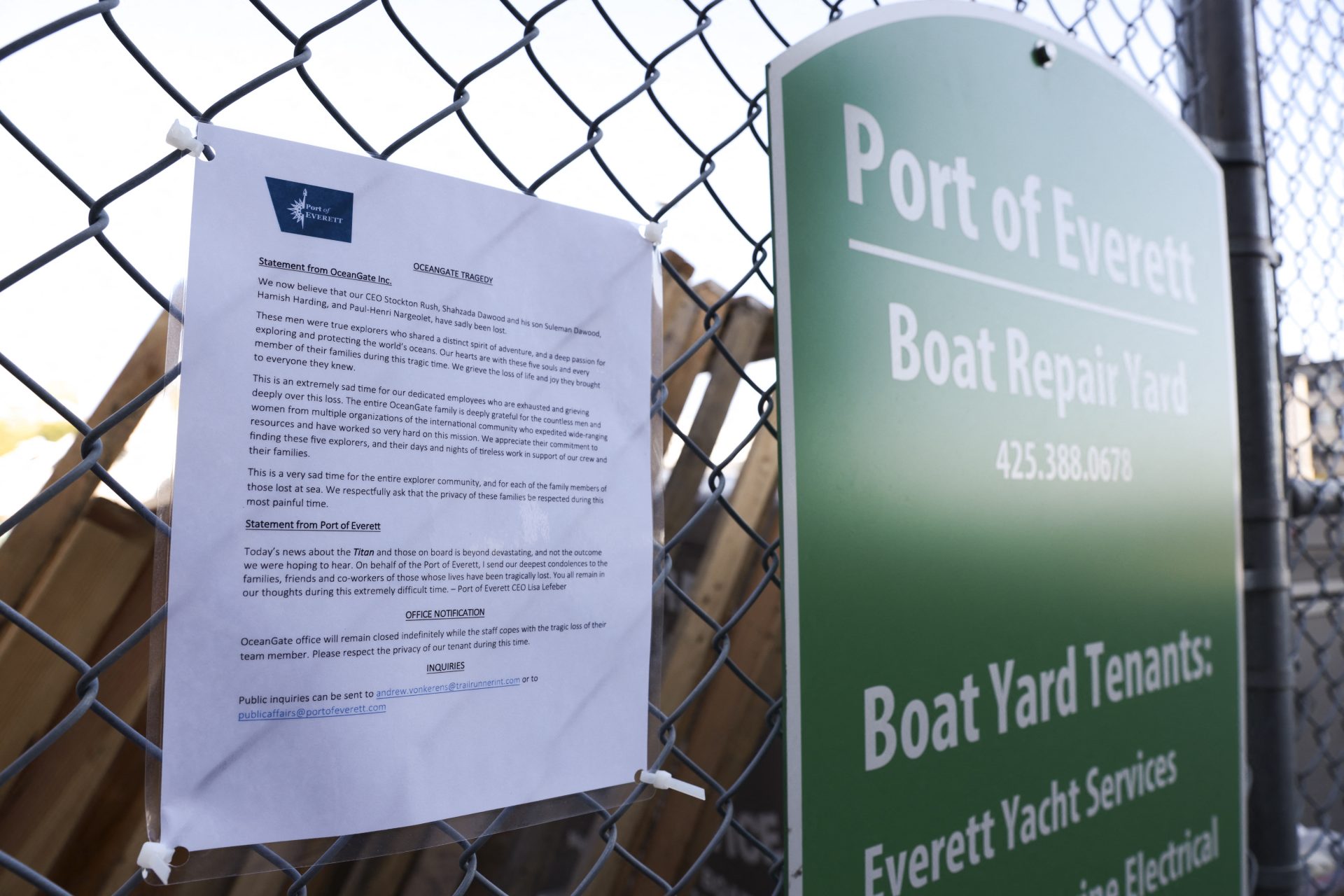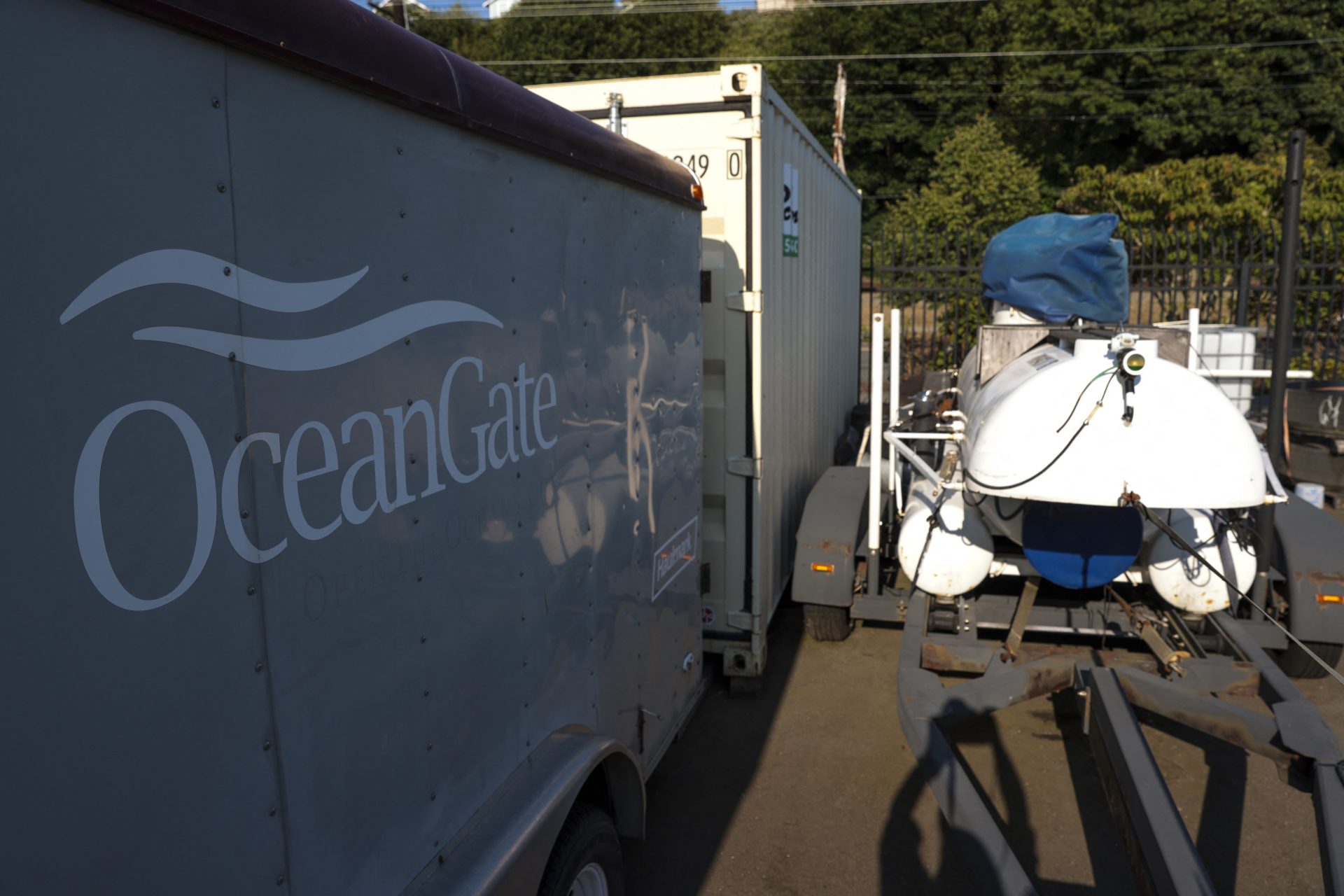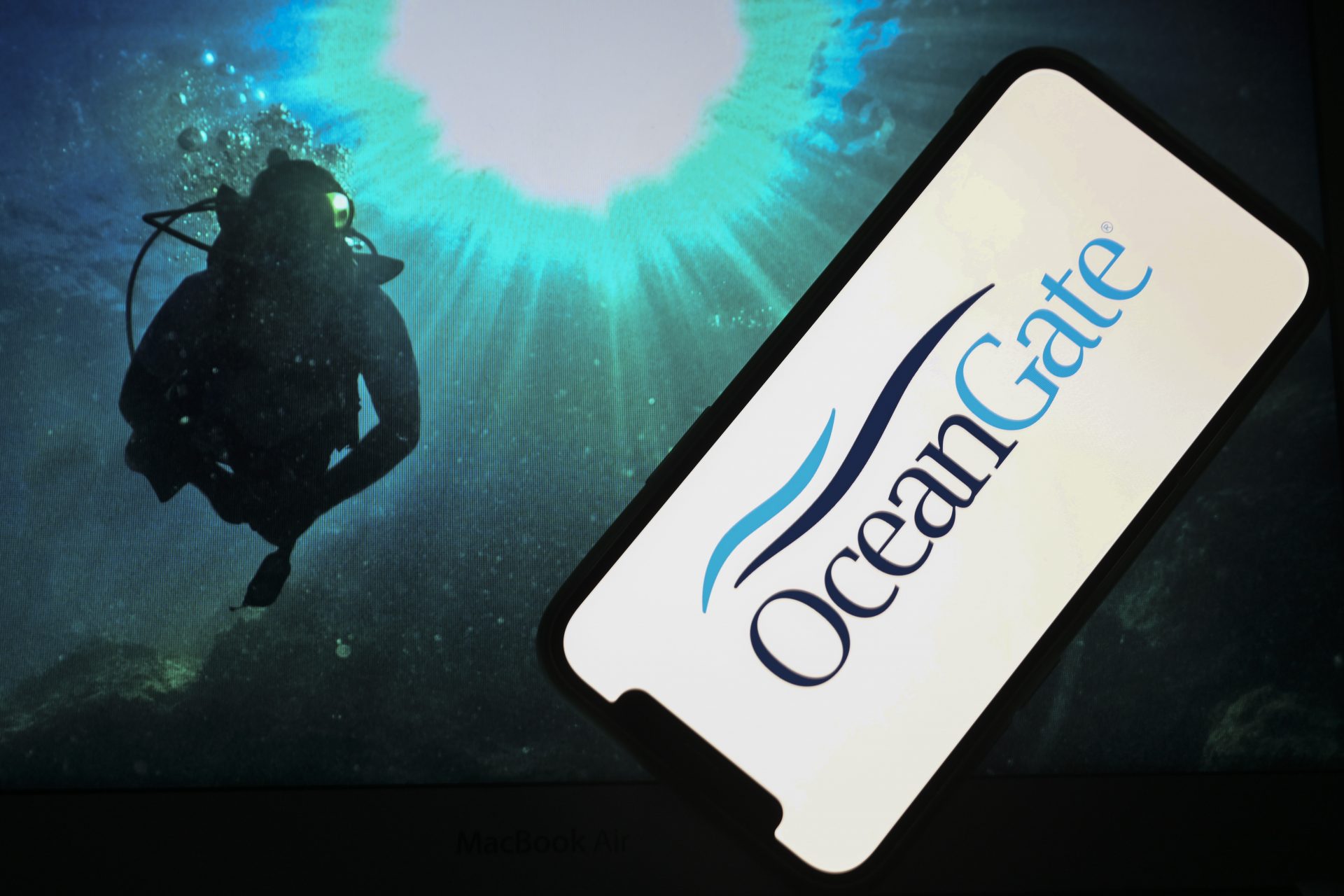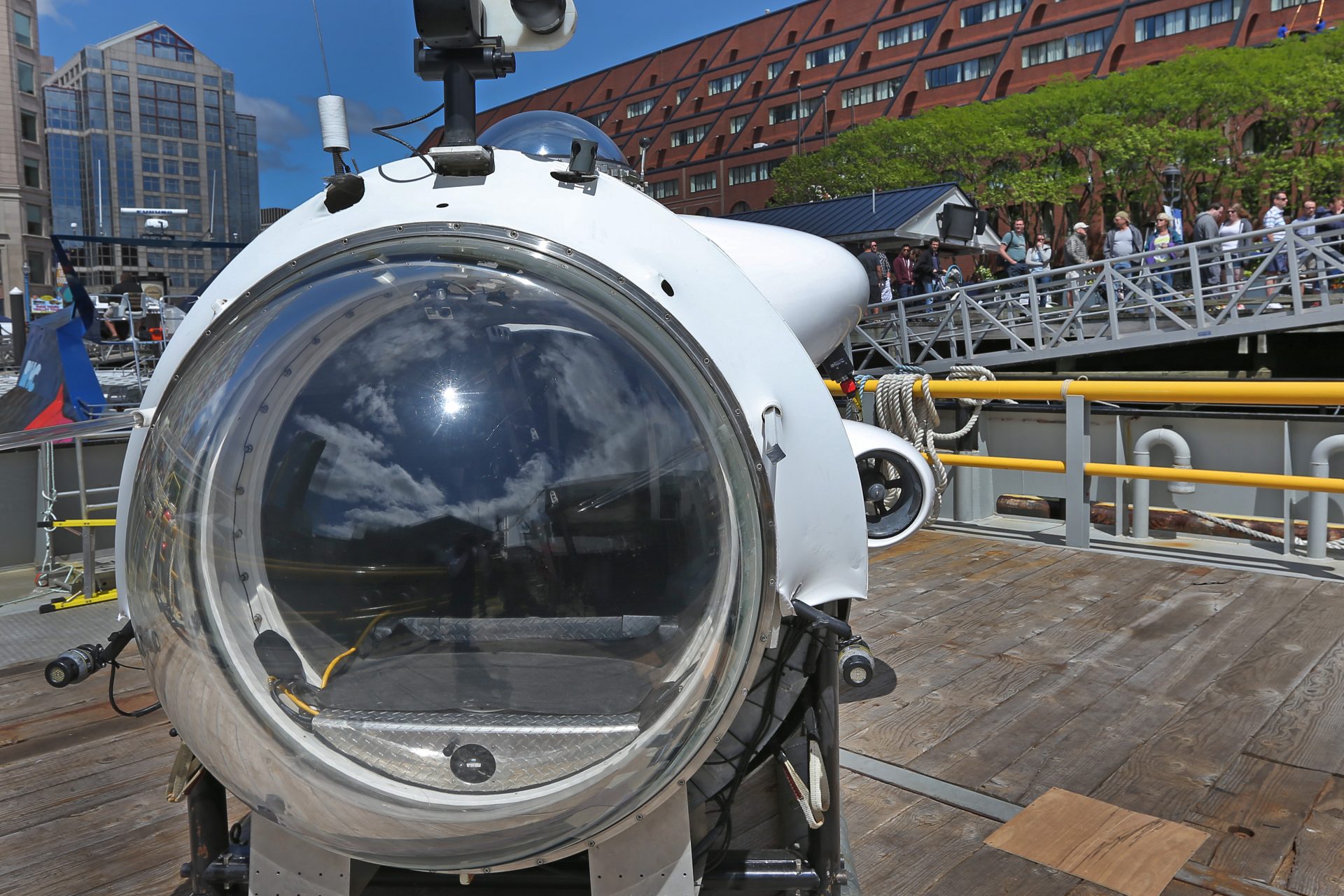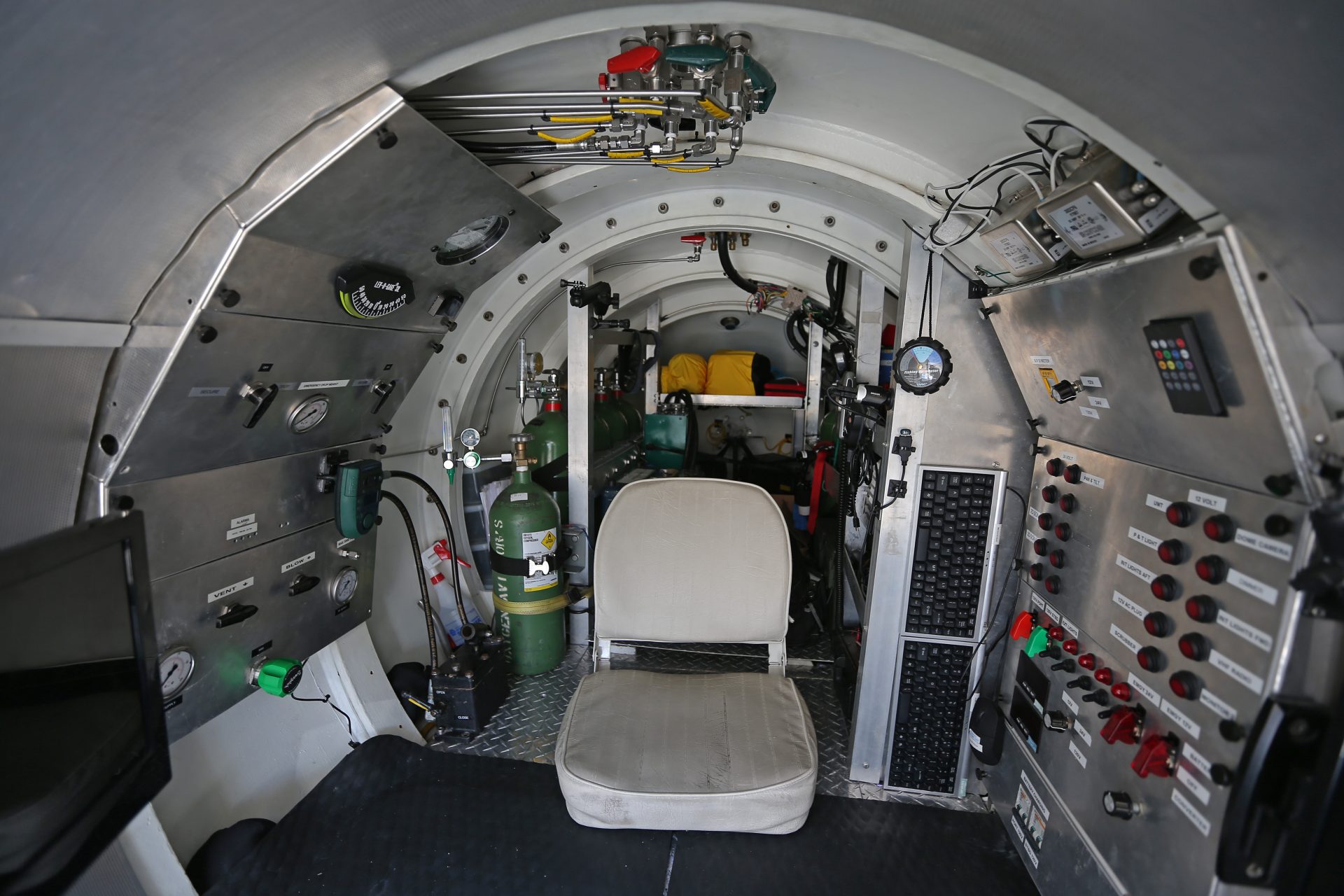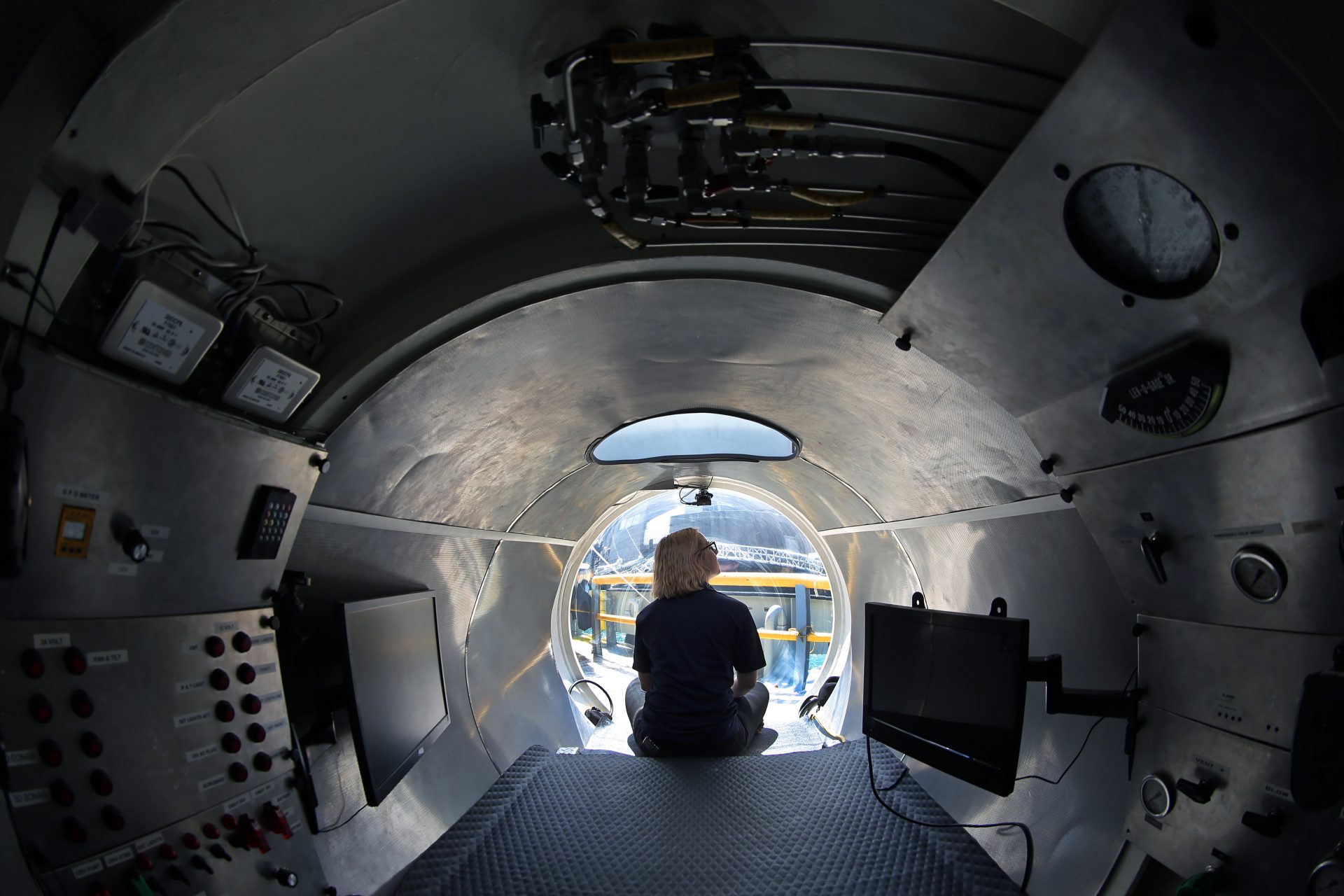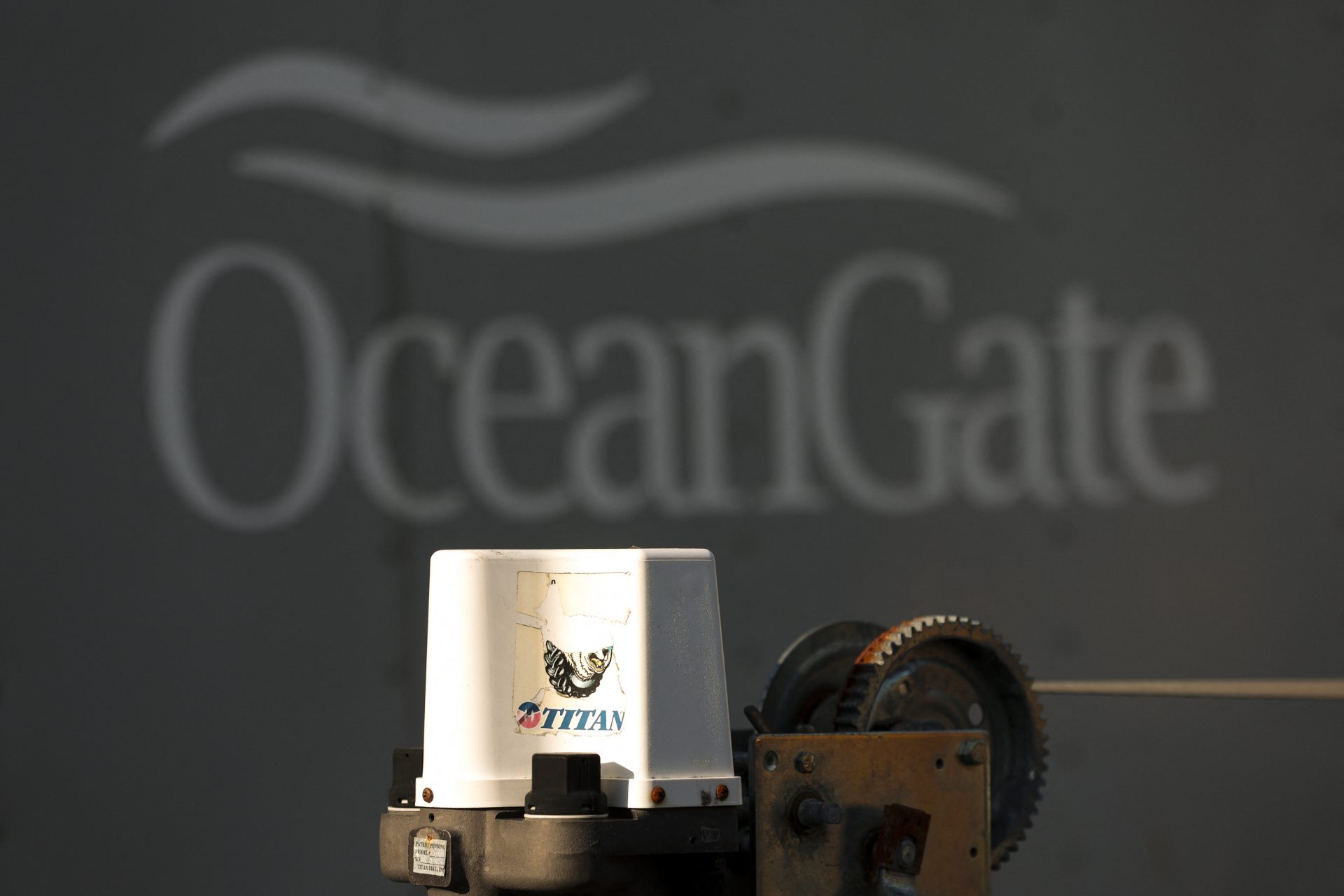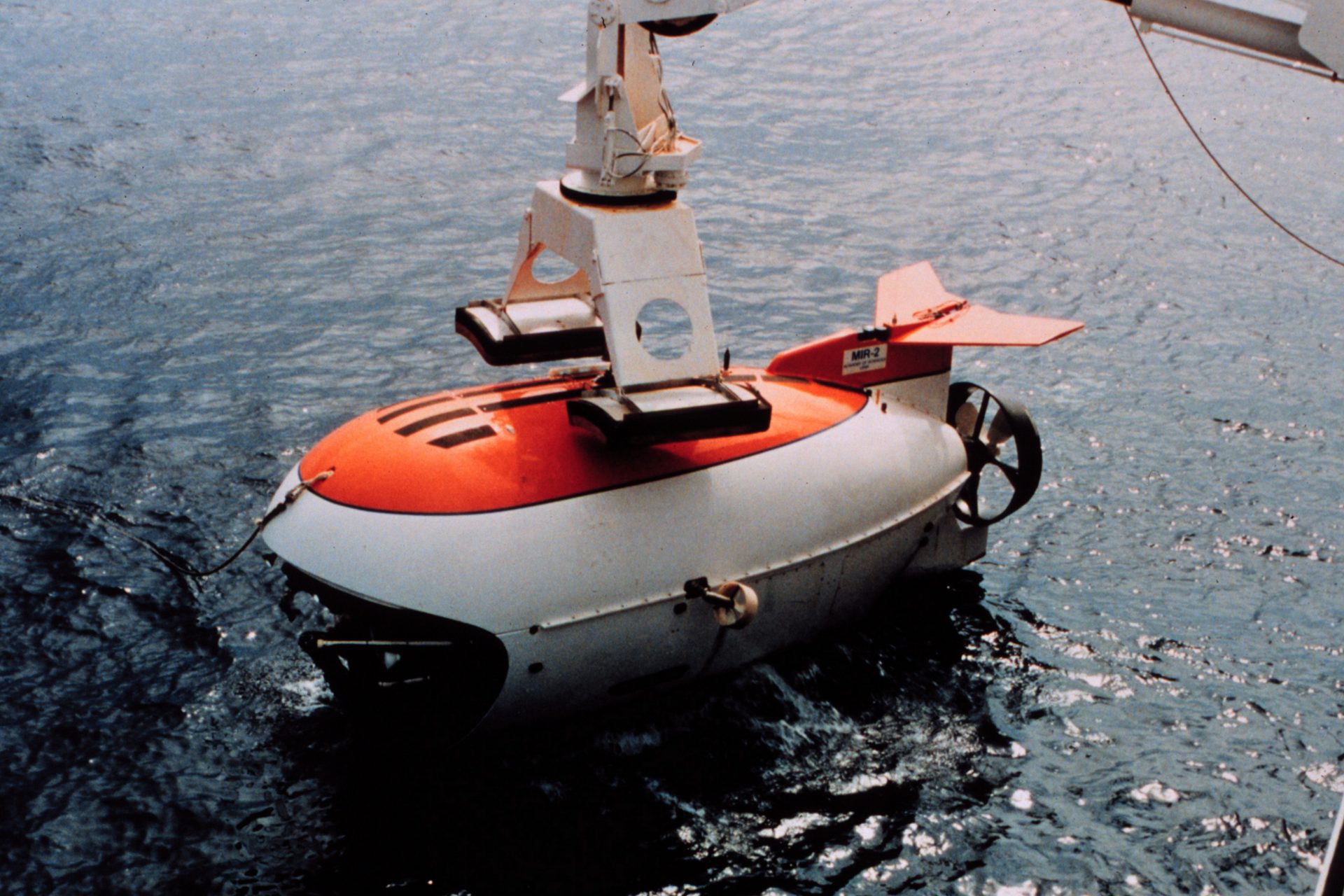The agonizing countdown in the search for the Titan: the investigation is still open a year later
A year ago, on June 18, 2023, five billionaires embarked on an expedition into the depths of the ocean that was going to become a one-way trip.
The exploration had one objective: to reach the remains of the Titanic, the British liner that sank in the waters of the Atlantic Ocean between April 14 and 15, 1912, after colliding with an iceberg. The fatalities were 1,496.
The Titan submersible, operated by OceanGate, set sail on June 16 and, after two days of navigation, on June 18 it reached the surface point closest to the area of the Titanic wreck.
At 9 in the morning, the submersible began the dive with Stockton Rush (CEO of the company), millionaire and pilot Hamish Harding, explorer Paul-Henri Nargeolet, and businessman Shahzada Dawood and his 19-year-old son Suleman Dawood on board. years.
Photo: Instagram@oceangate
The submersible was in contact every 15 minutes with the ship Polar Prince, which had transported it to the area. However, at 11:47 a.m. it stopped emitting signals, according to the reconstruction compiled by National Geographic.
Its return to the surface was scheduled for 6:10 p.m. However, it never happened and at 6:35 p.m. the first alert about a possible accident was sent.
Search operations immediately began, a race against time, after it was learned that the crew members had only had 96 hours of oxygen since the beginning of the expedition.
Furthermore, the distance from the coast and the immense depth in which the submersible was supposedly located made the work of the rescuers difficult, who were ultimately unable to find it.
A few days later, on June 22, the United States Coast Guard announced the discovery of the Titanic's debris, proof that the submersible had imploded during its descent toward the Titanic, extinguishing hopes of finding the crew alive.
Shortly after the tragic accident, an investigation was opened that continues to this day. Furthermore, since then, OceanGate suspended its activities, as stated on its website.
Image: screenshot of the OceanGate website
Although no major news has been announced in recent months, some details have recently become known. In the days immediately following the event, an alleged conversation between the Titan and the Polar Prince was spread on social media, in which the ship was warned about some problems with the submersible's hull.
That transcript, however, has been denied by Jason D. Neubauer, president of the Marine Research Board. "I'm sure it's a fake transcript... it was made up," as he stated in an interview with the New York Times. In fact, he says his team has found no evidence that the explorers were aware of an imminent implosion.
This accident, which kept everyone breathless, was foreseeable for many. It can even be considered a catastrophe foretold.
A long article published by Wired, in fact, reconstructs the history of the company and this submersible, with all its failures and lack of precision in the controls that were required.
Wired, which has conducted an investigation by speaking with some of OceanGate's employees, says that those who questioned certain decisions made by bosses could be labeled as "overly cautious" or could be fired.
Rush, who dreamed of being the new Elon Musk of the seabed, tried to speed up his creation's expeditions as much as possible, and lied about the problems with the Titan's hull, according to Wired.
Photo: Instagram @oceangate
In fact, after years of delays, also aggravated by the pandemic, OcreanGate needed to start the dives now, since it needed to invoice: an expedition cost $125,000 per person.
The rush, as Wired tells it, led the company to test the submersible only a few times and in shallow waters before its expedition to the Titanic.
Rush believed that by building the Titan using carbon fiber it would be able to safely dive up to 20 times deeper than the United States' nuclear submarines, as Wired reveals.
However, despite being a very resistant material, experts also warn that carbon fiber could weaken progressively or unexpectedly.
In fact, according to a study by the University of Houston, the causes of the implosion were multiple. The damage accumulated during other expeditions, the imperfections of the manufacturing and the thinness of the walls of the shell, built with carbon fiber: "It is known with certainty that the fibers in these composites are susceptible to small buckling under compression and that they can delaminate from the matrix that surrounds them," explains expert Roberto Ballarini, an expert at the American university.
The first expedition was on July 13, 2021 and ended successfully. This also happened in 2022, when a CBS Sunday Morning reporter also participated in an expedition.
In a report published in New York Magazine after the accident, the reporter, David Pogue, wrote: “ It's like I won at Russian roulette. Three voyages later, the Titan imploded, killing all five people on board.”
Photo: Screenshot from a USA Today video with David Pogue
Despite the tragic accident, there are those who consider taking the expeditions again. This is billionaire Larry Connor, 74, founder of The Connor Group, who has invested in a new submersible to reach the Titanic.
The businessman would have offered Patrick Lahey, executive director of Triton Submarines, a new project that could reach more than 4,000 meters deep, as revealed by The Wall Street Journal.
Photo: screenshot of The Connor Group website
The project, renamed Triton 4000/2 Abyss Explorer, does not have a release date nor is it known when the first dive will be. However, its price is known: about 20 million dollars.
Larry Connor is also known for other “extreme” experiences. In 2021 he traveled to the Mariana Trench, the deepest point on Earth, as Forbes recalls.
In 2022, he took part in the Axiom 1 mission, to the International Space Station, from where he could observe the Earth.
He also launched with a balloon parachute at the record height of about 11,600 meters, as Cadena SER recalls.
Image: Screenshot of a video of the jump
More for you
Top Stories




